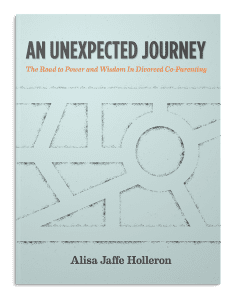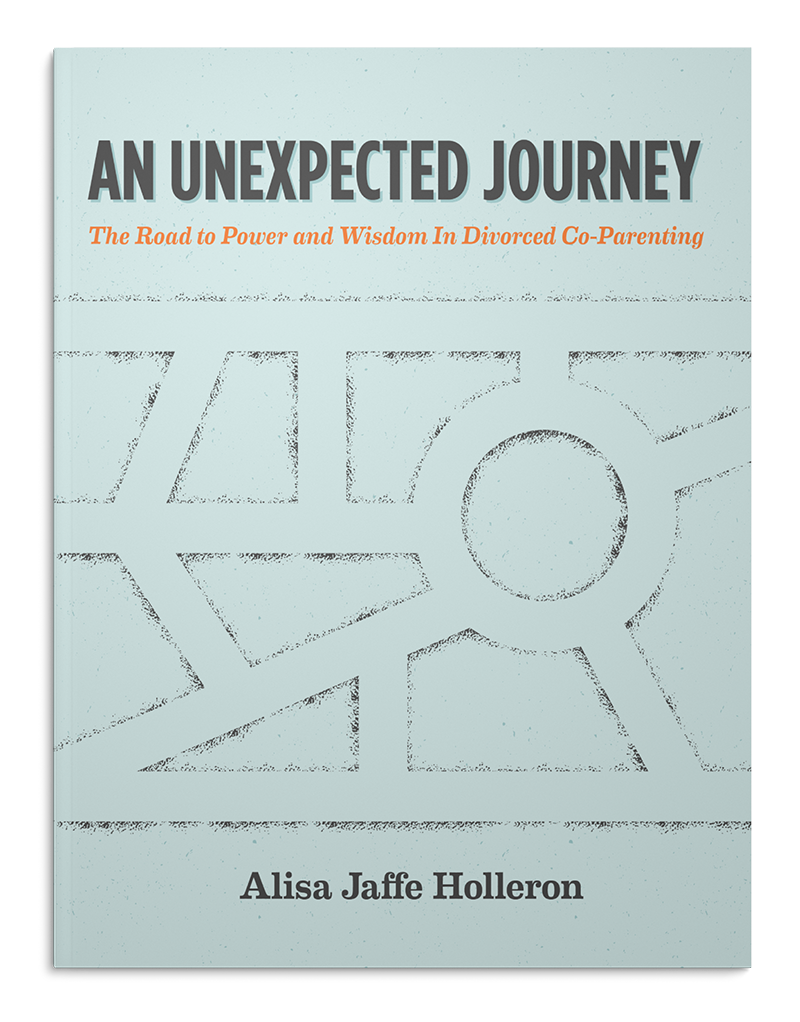When parents separate or divorce, the emotional, psychological ground beneath children becomes shaky and insecure.
Children can tolerate this shakiness if things come back to a new normal within a reasonable period of time. When there is a high degree of conflict between parents for extended periods, children remain on shaky ground. It is not the divorce itself that is ultimately damaging to children. Rather it is the ongoing conflict and the instability that the conflict causes that affect children negatively.
Children depend on parents to make their lives stable. When the ground under children is not solid and secure, they are left to find a way to make themselves feel secure. There are many different ways that children do this depending on their age and their personality make-up. Unfortunately, many of these ways are not healthy.
Children may turn to addictive behaviors that distract them away from how they feel, such as video games, various cell phone activities, over-reliance on material things, self-harming behaviors, and for teenagers, risky behaviors such as drugs and alcohol or sex.
Children might try to manage the situation themselves when their parents aren’t managing it. They may try to mediate, or they may take sides. In high conflict situations, parents may use their child’s choosing away from the other parent as justification that the child not spend time with the other parent. They don’t realize that often choosing one parent over the other is a maladaptive way to find some stability in an unstable situation.
Children who always are on shaky ground tend to feel insecure, and can take that insecurity into their adulthoods. The experiences we have as children inform what we struggle with as adults. If we learn in childhood that we can’t trust the world, that the world feels like an insecure place, it is likely that we will take that into the way we see the world as adults.

The metaphor of the ground under their feet is a powerful one. Your children need you to build up that ground; to make it more solid, more secure. They need it to be secure so that they don’t have to be watching their feet and their step. They can’t attend to the normal tasks of childhood if they are worrying about whether they can trust the ground they are standing on.
Ask yourself: are your actions making the ground more stable and secure, or are you making it more shaky? In order to be able to answer that question, you need to be clear about what builds the ground.
You build ground when you let go of conflict for your children’s sake, by giving in to your co-parent sometimes even if it’s really hard; by allowing your children to have a relationship with your ex even if you don’t like them and don’t think they are a perfect parent. By letting go of stories about how bad your co-parent is and looking for what’s good about them.
You build ground when you have the courage to recognize when the negative effects of the conflict outweigh whatever the positive effects of whatever it is you are fighting for. You build ground when you allow your own grief about how things turned out. Grief washes away your need to battle, and allows you to build the ground your children need.
You build ground through connection with your children. You build ground by remembering that what really helps children grow and thrive is the way you are present to them in the simple moments of life. When you really see them and understand and feel with them and care about who they are and what they need. When you are in conflict, it is difficult to connect with your children, because the emotions of the conflict take over.
LEARN MORE ABOUT ALISA’S ONLINE CLASS!
Building ground is recognizing that your child is made up half of you and half your co-parent. When you hate your co-parent, or you are always angry with your co-parent, you are sending the message to your children that you hate or are angry with half of them. You build ground by working at cultivating some degree of positivity, or even compassion, for your co-parent for your children’s sake.
Always ask yourself if you are building ground. Assess every action through that lens. Is this fight worth it? Is it possible to give in? Would giving in benefit my child, even if it’s hard to do? Are my emotional states disconnecting me from my children? Is what I am wanting really for their sake, or is it for mine?
Examining the motives behind our actions, and assessing whether our actions are building ground takes the courage of a superhero. It calls on you to look past your own needs and desires, and do what will be beneficial for your children. This is not a task for the weak.
But in the end it will benefit you. It will benefit you when your children grow up to be strong, happy and secure, because after all, isn’t that what you want most in life? It will benefit you when your relationship with your children is solid, and your children trust you throughout your entire life.
In the end, the ground you give your children is also the ground you give yourself. What you do for your children, the acts of bravery you perform inside your own mind and heart, the little letting goes and the many moments of connection, will come back to you a thousand fold.





2 Responses
Thank you for the reminders
I’m glad the reminders are helpful Cherylyn. I hope you are well!